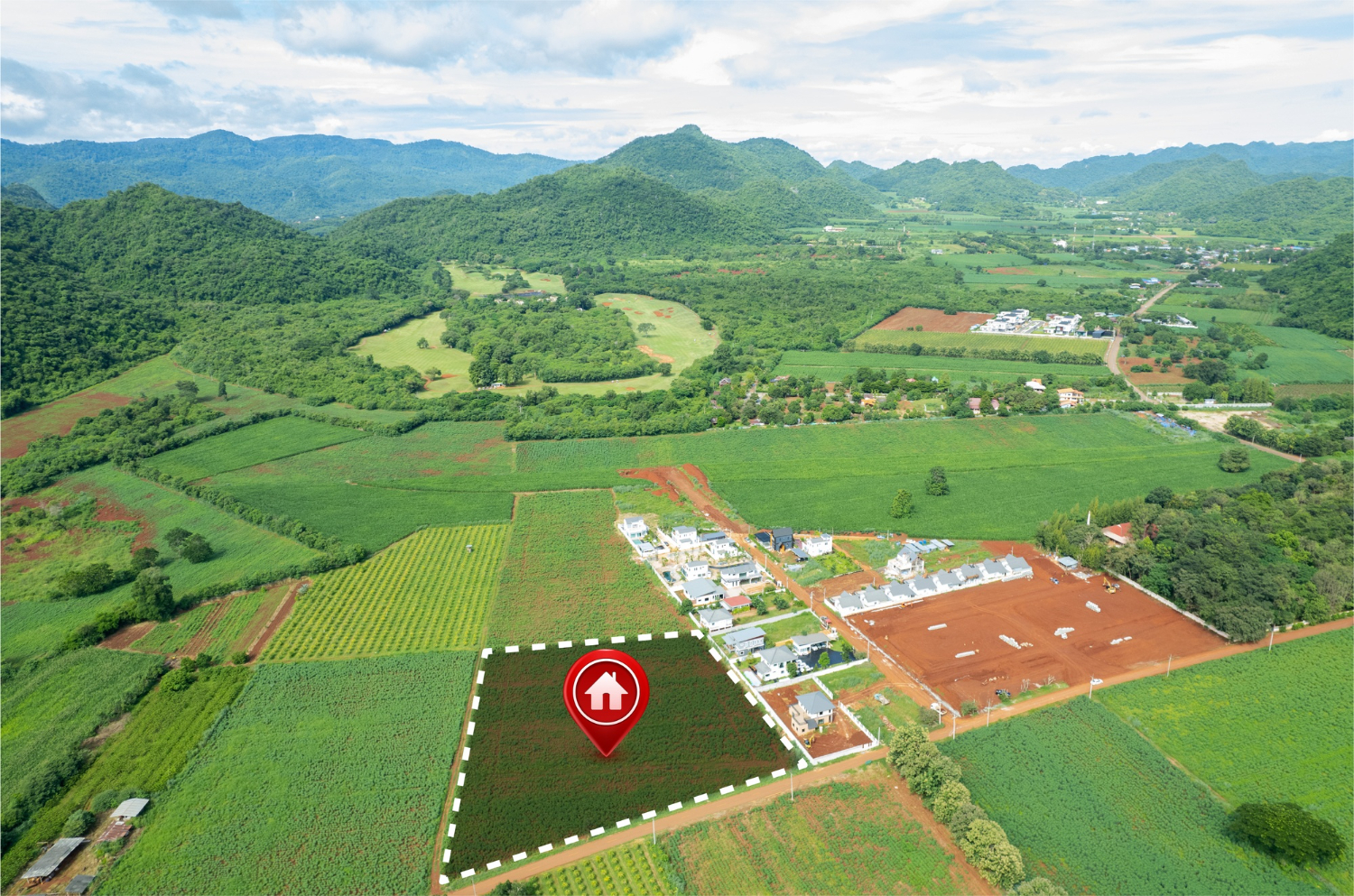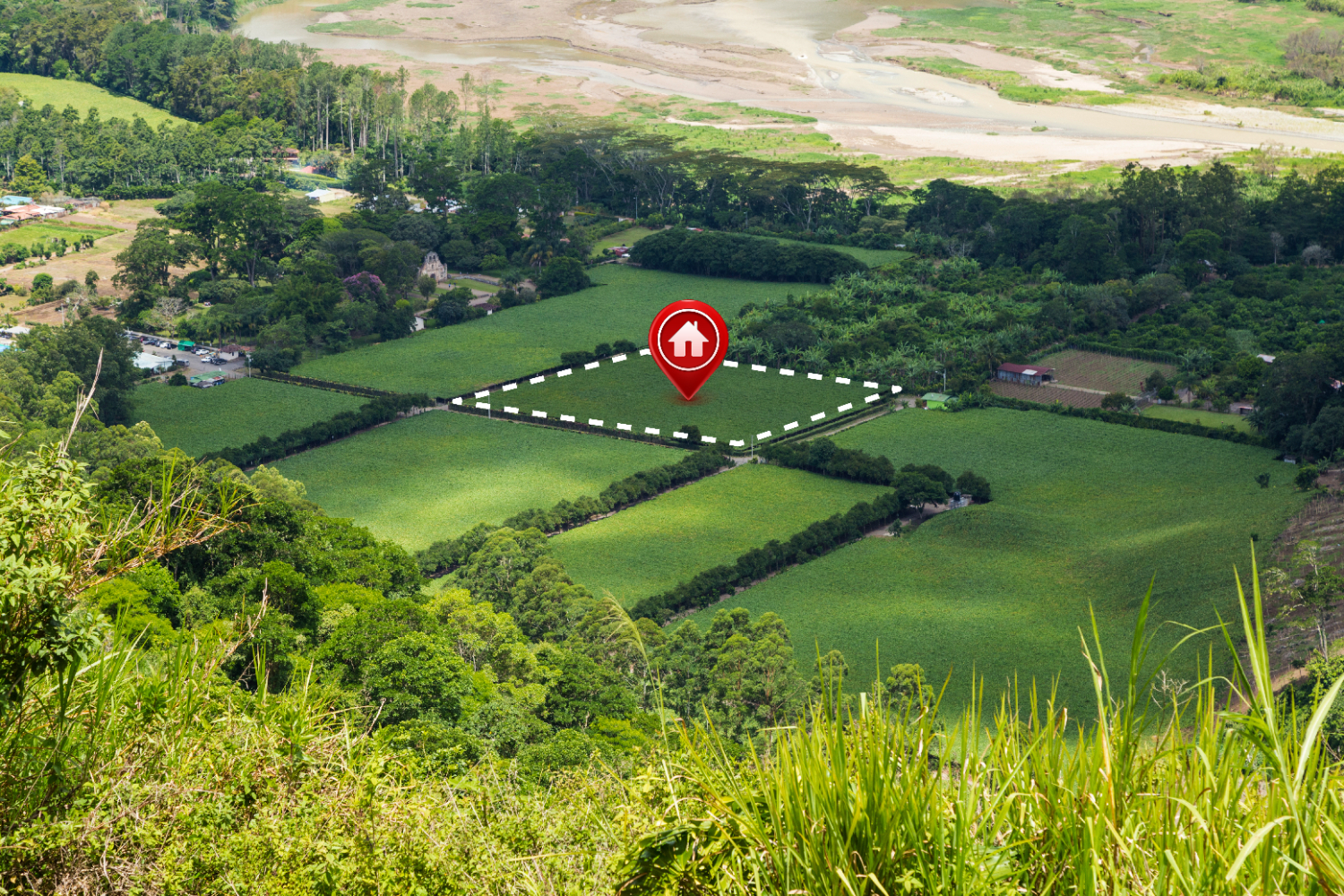Acquiring land can be an exciting and rewarding endeavor, but it also requires careful consideration and thorough research. Whether you’re a first-time buyer or an experienced investor, navigating the intricacies of land purchase can be a daunting task. So, let’s delve into the key factors you need to evaluate to ensure a wise and profitable land investment.
From understanding the importance of location and zoning laws to exploring financing options and budgeting for additional costs, we’ll provide you with the essential knowledge to make an informed decision. Let’s dive in and uncover the secrets to successful land buying, empowering you to make a smart investment that sets the stage for your future success.
Essential Tips for Buying Land
1. Research the Location
Location is a critical factor when buying land. It affects everything from the land’s value to your quality of life.
First, check the surrounding neighborhood. Visit the area at different times of the day to get a feel for the community. Look for amenities like schools, grocery stores, parks, and hospitals. These amenities can make your land more desirable and convenient for future buyers or developers.
Second, investigate future development plans. Contact the local planning department to find out about any upcoming projects. Future developments, like new roads, shopping centers, or schools, can significantly influence the value of your land. Conversely, industrial projects or high-traffic infrastructures might decrease its appeal.
Safety is also important. Research local crime rates and speak with residents to understand their perception of safety. Good ratings can provide peace of mind and enhance land value. By thoroughly researching the location, you ensure that your investment is wise and that it meets your expectations.
2. Understand Zoning Laws and Regulations
Zoning laws dictate what you can or cannot do with your land. Understanding these regulations can save you from future headaches.
First, find out the current zoning classification for the land. Is it zoned for residential, commercial, agricultural, or industrial use? This classification determines how you can use the property. For instance, if it’s zoned for residential use, starting a business on that land might not be allowed.
Second, check any restrictions or covenants. Some areas have specific rules about building heights, property sizes, and usage types. These restrictions can impact your building plans. For example, you might want to build a two-story house, but the rules only allow for single-story structures.
Consult the local zoning office or a land use attorney to get clear answers. Understanding zoning laws prevents legal issues and ensures your plans align with what’s allowed. By knowing these regulations upfront, you can make informed decisions about purchasing and using your land.
3. Check for Utilities and Accessibility
Ensuring your land has access to utilities and good roads is vital. This can affect your daily life and future development plans.
First, verify the availability of basic utilities like water, electricity, and sewage. Contact local utility companies to check if these services are available on your land. If not, find out the cost and feasibility of bringing these utilities to your property. In rural areas, installing utilities can be more challenging and expensive.
Next, consider accessibility. Good road access makes your land more appealing and easier to develop. Check if the roads to your property are well-maintained and easily navigable. Gravel or dirt roads might be harder to navigate, especially in bad weather, which can limit access and affect the land’s value in the long run.
Lastly, think about internet access. In our connected world, having reliable internet service is almost as vital as water and electricity. Research the available providers and types of internet service in the area.
By checking for these utilities and accessibility factors, you ensure that your land is practical for your needs and future buyers.
4. Evaluate Land Costs and Financing Options
Purchasing land involves various costs. Understanding these helps you budget and avoid unexpected expenses.
First, consider the purchase price. Look at comparable sales in the area to get a sense of fair market value. Don’t hesitate to negotiate the price with the seller to get the best deal possible.
Second, factor in additional costs such as surveys, permits, and closing fees. Land surveys are essential to determine the exact property boundaries, and permits may be required for any building plans. Closing fees include title searches, legal fees, and taxes, which can add up quickly.
Third, explore financing options. While some buyers can afford to pay cash, many need financing. Look into land loans or seller financing options. Land loans often have higher interest rates and shorter terms compared to home loans. Make sure to shop around and compare rates from different lenders.
By evaluating these costs and financing options carefully, you can make an informed decision and ensure you are financially prepared for your land purchase.
Investing in Land: Uncovering the Key Factors for a Wise and Profitable Purchase
Purchasing land is a significant decision that requires careful consideration. By researching the location, understanding zoning laws, checking for utilities and accessibility, and evaluating costs and financing options, you can make a well-informed choice. Each of these steps is crucial for ensuring your land purchase meets your needs and expectations, both now and in the future.
Take your time to do thorough research and consult with professionals if needed. This upfront effort can save you from headaches and costly mistakes down the road. Remember, buying land is an investment in property and your future.
If you’re ready to explore land options or need guidance, 7Land Corp is here to help. Contact us today to learn how we can assist you in finding the perfect piece of land for your needs!




